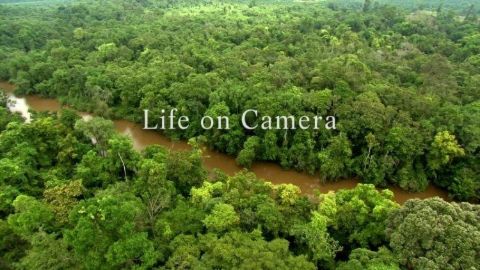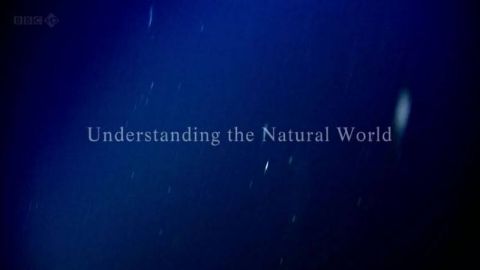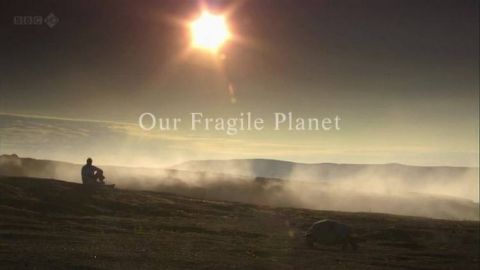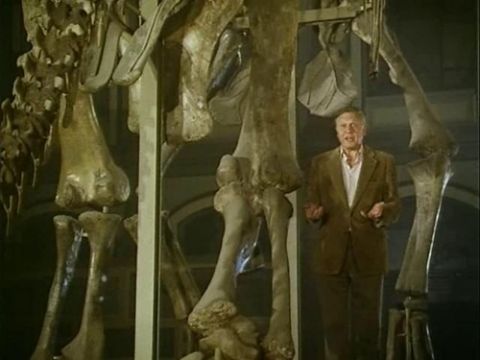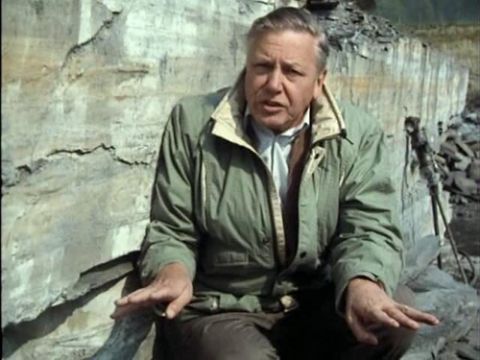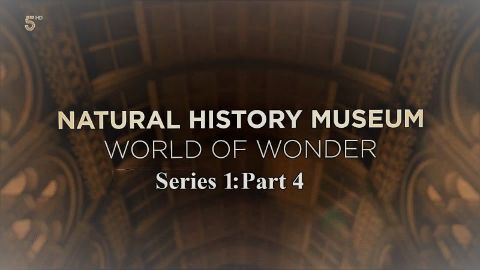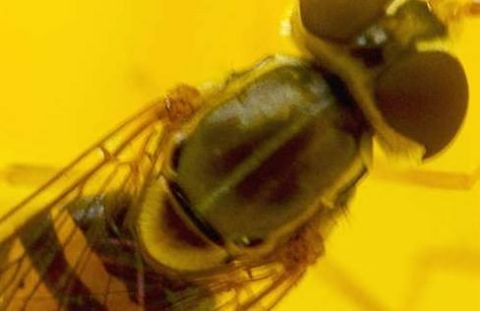Understanding the Natural World • 2012 • episode "S1E2" • Attenborough: 60 Years in the Wild
David Attenborough reviews the scientific discoveries that have transformed our view of life on earth during his lifetime. How and where did life first begin? How do continents move? How do animals communicate? And why do they behave the way they do? Sir Attenborough shares his memories of the scientists and the breakthroughs that helped shape his own career. He also recalls some of his most memorable attempts to bring new science to a television audience - by standing in the shadow of an erupting volcano as lumps of hot lava crashed around him, by being charged by a group of armed New Guinean tribesmen and the extraordinary sight of chimps hunting monkeys, captured on camera for the first time by Attenborough and his team.
Make a donation
Buy a brother a hot coffee? Or a cold beer?
Hope you're finding these documentaries fascinating and eye-opening. It's just me, working hard behind the scenes to bring you this enriching content.
Running and maintaining a website like this takes time and resources. That's why I'm reaching out to you. If you appreciate what I do and would like to support my efforts, would you consider "buying me a coffee"?
Donation addresses
BTC: bc1q8ldskxh4x9qnddhcrgcun8rtvddeldm2a07r2v
ETH: 0x5CCAAA1afc5c5D814129d99277dDb5A979672116
With your donation through , you can show your appreciation and help me keep this project going. Every contribution, no matter how small, makes a significant impact. It goes directly towards covering server costs.
